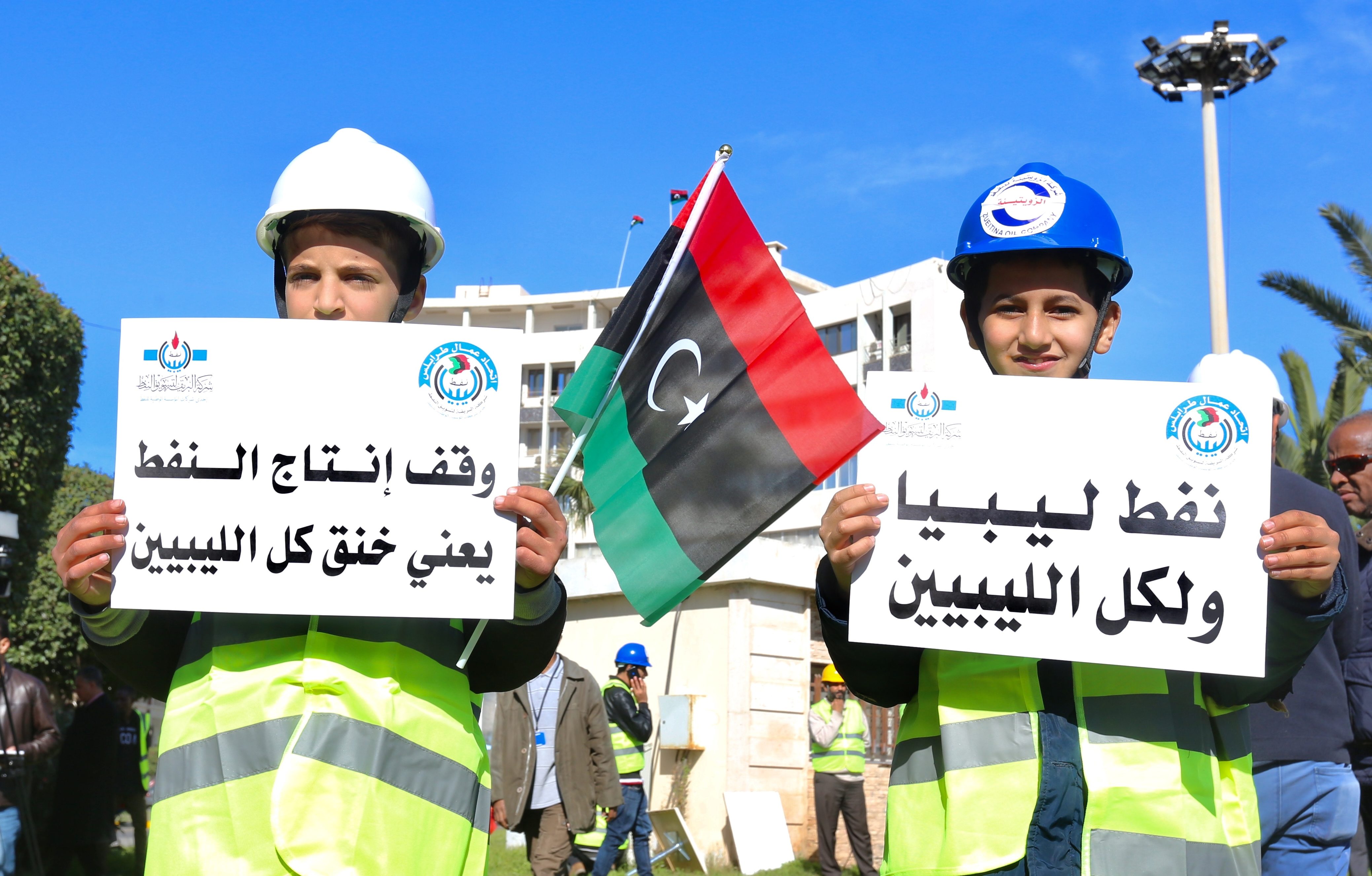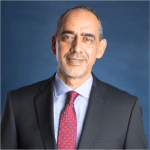As political tensions in Libya simmer amid fresh uncertainty over elections, the Libyan Presidency Council recently moved to address another issue at the heart of the country’s divisions. Only July 6, the Tripoli-based body announced it was establishing a High Financial Oversight Committee, with sweeping responsibilities to oversee Libya’s vital oil revenues, scrutinize government budgets and ensure spending is fairly distributed across the country. Such efforts are sorely needed: more than a decade since the overthrow of the Qaddafi regime, opacity over state funds and regional grievances over how they are spent continue to fuel the country’s deep political divisions.
But is a new committee, which could become the final arbiter over state revenues and budgets, the right answer? Arguably, by establishing a mechanism that risks perpetuating existing failings, rather than tackling deeper issues through a permanent political settlement and much-needed national dialogue, the Presidential Council is putting the cart before the horse.
Decades of Opacity
The presidency’s initiative was roundly endorsed by international actors keen to avoid a return to conflict and oil blockades in Libya. External stakeholders, led by the United States, had long lobbied for such a mechanism. Local reactions to the announcement were uncharacteristically muted, suggesting broad support for the initiative. This may be partly because the committee’s 17 members represent a broad geographical and political base. The body also appears to synthesize various proposals floated recently by competing political structures.
Whether it will be effective or not is another question. The committee has its work cut out: the problem of opacity over Libya’s budget is decades old. The International Monetary Fund (IMF) once again flagged the many issues around Libya’s public finances in June, saying the country “urgently needs a transparent budget.” Past efforts at fiscal reform and more transparency in Libya have been haphazard and fleeting. While the state budget relies overwhelmingly on hydrocarbon exports, the Ministry of Finance often fails to adequately account for revenues due to underreporting, leakages and inadequate compliance with international financial standards. Meeting these standards would require not just capacity-building but also sustained coordination between rival political bodies—not to mention political will.
Similarly, regional grievances over how Libya’s vast wealth is spent date back to Qaddafi’s regime. It and subsequent administrations have sometimes appeased these woes through public sector hiring sprees or infrastructure projects, but these efforts were seldom institutionalized, sustained or transparent.
Efforts to create a better system today could also be hobbled by the lack of data. The last census was completed in 2006, and several conflicts have caused significant internal population displacement over the past decade. This leaves a large gap in terms of basic demographic information that is necessary for local development planning and government spending. The question of decentralization also evokes fears of unchecked corruption and further fragmentation of the country.
But the fundamental problem with the latest initiative is that Libyans have yet to hold a long-overdue national dialogue and agree on a constitution that would define what kind of state they want and how to share revenues from its vast natural resources. The committee announced in June is charged with addressing deep issues that a technical body of its kind is ill-equipped to tackle. Simply creating another committee to address long-standing, politically sensitive and deeply rooted institutional weaknesses seems like slapping a band-aid on a broken leg. Libyans, who have become used to dysfunctional committees substituting for good governance, could be forgiven for asking, “Yet another committee? To what end?”
Dialogue, not Committees
In all fairness, the new committee could help diffuse immediate political tensions and placate domestic and international actors as politicians wrangle over holding national elections. It could also help solve the mystery of a gap in billions of U.S. dollars between projected oil revenues, based on exports reported by the National Oil Company, and what was actually credited to government accounts. In this regard, it is worth noting that nobody has disclosed details of the deal mediated by external actors in 2021 between the United Nations-recognized Government of National Unity (GNU) in Tripoli and the Libyan National Army to end an oil blockade in exchange for restricted access to export revenues.
The committee could also help unlock funding for infrastructure projects that have been held in abeyance by the Tobruk-based House of Representatives, which withdrew support from the GNU in 2022 before backing a rival government shortly afterwards.
However, the committee also risks further entrenching the problems it was set up to solve. It could legitimize the channeling of state resources to nonstate actors in the name of fair regional distribution. Tripoli is already sending undisclosed monthly payments to the Libyan National Army, which controls the East and South of the country, with little transparency about the final destination. There are also credible reports that crude oil and refined fuel are being smuggled out of eastern Libya, possibly with the acquiescence of the National Oil Company.
Worse, if badly implemented, the new body could sow bureaucratic confusion, incentivize corruption, and undermine the workings of an already ineffective central government. It is to be hoped that the bylaws of the committee, set to be published in the coming weeks, will help mitigate some of these concerns.
Libya’s troubled political transition over the past decade has repeatedly illustrated the law of unintended consequences. An interim committee, working under political duress to tackle a complex mandate, will struggle to bring about meaningful reforms. It could also reward election spoilers and actors with a stake in the status quo.
Libya desperately needs to move past interim governance to a permanent political settlement that supports genuine transparency and fairness in government spending. To do so, the country needs a serious national dialogue and constitution. Creating new committees or rushing elections alone will not resolve these issues.
The opinions expressed in this article are those of the author and do not necessarily reflect the views of the Middle East Council on Global Affairs.



